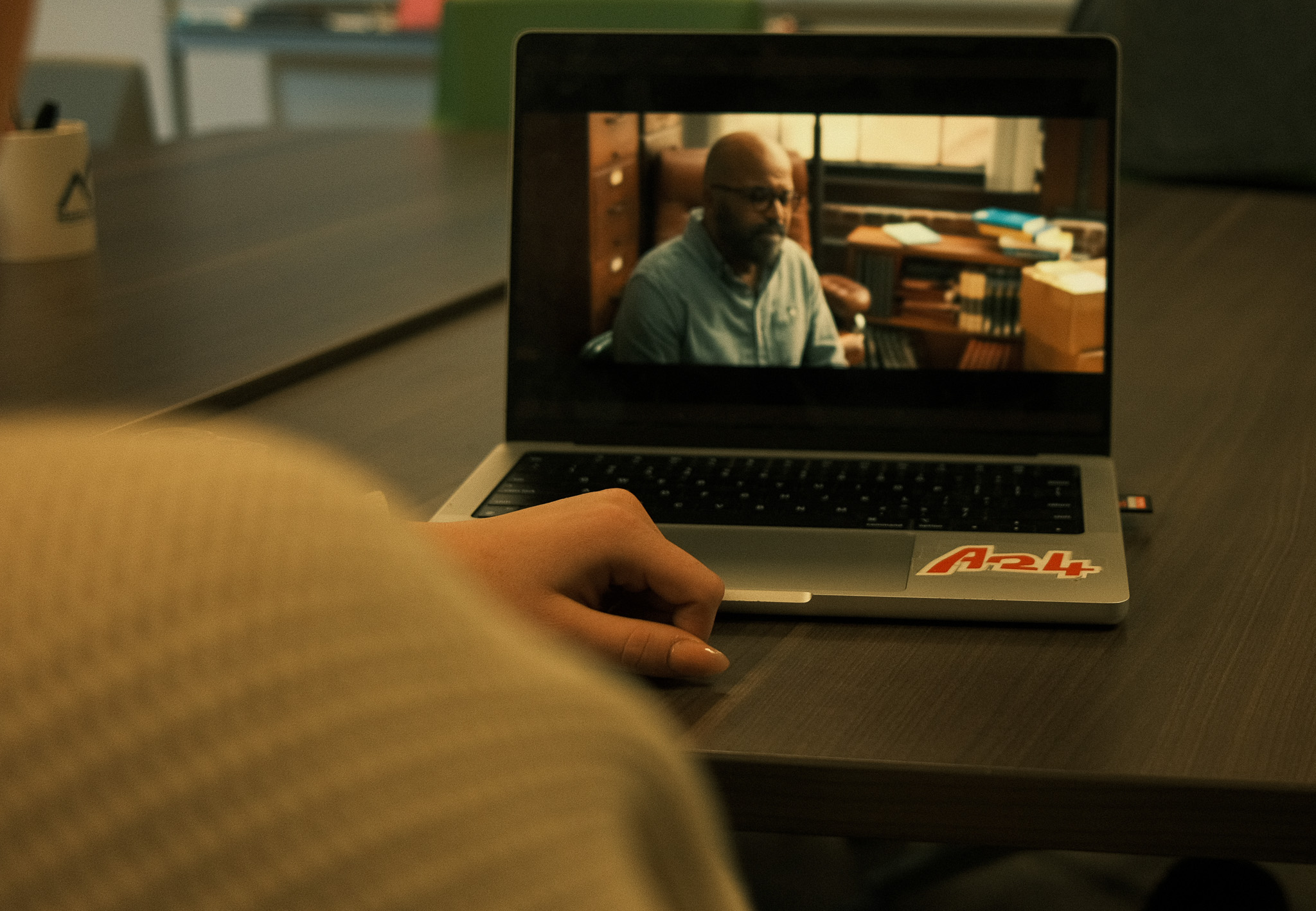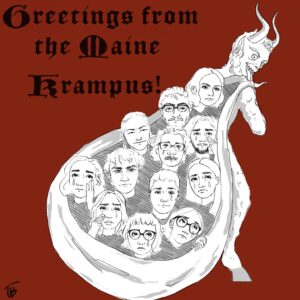“American Fiction” is the directorial debut film from writer Cord Jefferson and is quite impressive for his first foray. Based on the 2001 book “Erasure” by Percival Everett, the film was widely released in theaters this past December. “American Fiction” has amassed widespread praise for its hilarious and poignant story that mixes an engaging family drama with commentary on cultural stereotypes in the publication world.
Professor Thelonious “Monk” Ellison, played by Jeffery Wright, is a highly praised but unsuccessful writer who is constantly frustrated by bestselling works that perpetuate black stereotypes. In an attempt to toy with book publishing companies, Monk starts penning a piece of satire under the alias “Stagg R. Leigh” that deliberately utilizes tropes present in the African American best-sellers he dislikes.
In a hilarious twist of events, the book gets published and becomes an instant hit with critics and audiences, and, to his utter dismay, Monk’s own written work is finally put into the limelight of literary discussion. While Monk is very capable of writing good content, the more middling reality is that stories with simpler and less complex concepts will tend to sell better.
The film aims not only to critique tropes in black literature but also towards the movie industry that attempts to regurgitate repetitive, simpler concepts for profit. This can be seen when Monk, portraying his fake alias “Stagg R. Leigh” as a wanted criminal, gets confronted with interviews and a movie offer as he must keep up a stereotypical appearance.
Alongside the in-depth social commentary, “American Fiction” is also accompanied with an intimate family drama that works to build on the movie’s themes, as well as showcases many of the standout performances.
Wright’s performance as Monk transitions from cynical and hilarious when messing with book publishers to a very personal and dejected individual surrounded by unfortunate circumstances. Wright’s performance is very layered and is the perfect amalgamation of the cynicism we use to hide our inner sorrow. It can be interpreted that, in a rather ironic twist of fate, Monk pens a book that mocks the exploitation of tragedy while going through some very real turmoil of his own.
Wright isn’t the only performance that is worth praising. Accompanied with him are the likes of Erika Alexander as Monk’s girlfriend, Caroline, Sterling K. Brown as Monk’s brother, Cliff, and Tracee Ellis Ross as Monk’s sister, Lisa. Throughout the film, each character helps Monk recognize his more sardonic side caused by past tragedies and generational trauma.
While the film balances well enough between its social commentary and drama, some would argue that either plotline is better than the other, but ultimately, each part of the film builds off of each other.
“American Fiction” presents the bold truth about the publishing world and the writers who inhabit it. Jefferson’s directorial debut has much to chew on, and the clever setup provides truthful insight into the mind of someone who wants his peers to grow but struggles to confront himself.















